The American presidential election will almost certainly be between former secretary of state Hillary Clinton and real estate mogul Donald Trump. This unprecedented contest – a real-life “wacky race” – invites a thought experiment: compare and contrast Middle East policy report cards for these would-be national leaders.
The manifest purpose of this academic fantasy is to gauge what the election might mean for the Middle East. But a latent aim is to test whether Mr Trump – who has never held any elected or appointed office – can be taken at all seriously.
So let’s temporarily put aside Mr Trump’s hate-speech, conspiracy theories, proposed entry bans on Muslim non-citizens and other provocations, and juxtapose his policy pronouncements with those of Mrs Clinton.
Start with Iran. Mr Trump vows to “renegotiate” the “terrible” nuclear agreement. But he doesn’t specify what, precisely, is so “terrible” or must be renegotiated. And yet he’s enraged that continued sanctions impede American investment in Iran.
This glaring incongruity reflects Mr Trump’s “lather, rinse and repeat” strategy. He blurts out whatever comes to mind, notes the public response, and repeats whatever resonates. “First thought, best thought” rarely had a more consistent practitioner.
Mrs Clinton was reportedly sceptical when negotiations began, and remains distrustful of Tehran. Her supporters argue this positions her perfectly to “rally the world to deter and punish Iran” if need be.
After leaving the state department, Mrs Clinton supported new sanctions. Barack Obama did not. He prevailed, and his defenders say that was crucial to reaching the agreement. Her supporters suggest additional pressure would have produced a stronger agreement.
Both Mrs Clinton and Mr Trump pledge strong support for Israel, although he wants to be a “neutral guy” in negotiations. As first lady in 1998, Hillary Clinton pioneered White House backing for Palestinian statehood. Both advocate a two-state solution, but neither propose measures to advance it.
Mr Trump echoes both Mr Obama’s “free riders” accusation against Gulf states, and the view that the Middle East has become less strategically significant. He angrily threatened to halt oil purchases from Saudi Arabia unless it contributes troops (or vast sums) to battle ISIL, apparently unaware that Riyadh has repeatedly pressed Washington to lead just such an offensive and offered significant ground forces.
Mrs Clinton embraces a more traditional American approach, insisting the Gulf region remains of “vital importance”. “Bolstering security cooperation” with GCC states is among her five key Middle East “policy pillars”. And she appears tougher on Iran and less sceptical of Washington’s Arab partners.
Mrs Clinton joins a virtual consensus of former Obama administration officials now publicly critical of the lack of US engagement in Syria. She regrets the US did not engage sufficiently with Syrian rebels, and implies she would correct this.
Mrs Clinton shares Mr Obama’s opposition to deploying American troops in Syria, whether against ISIL or the regime. Nonetheless, she has called for both “safe zones”, and more militarily ambitious and strategically significant “no-fly zones”. Moreover, she insists on removing Bashar Al Assad, which Mr Obama has been downplaying.
Mr Trump supports establishing refugee “safe zones”, as long as they are financed by Gulf states, but dismisses “no fly zones”. His insistence the region would be better off with Muammar Qaddafi and Saddam Hussein still in power was clearly intended to imply his support for continued Assad rule.
Mr Trump advocated deploying 30,000 American troops against ISIL in Syria, though he later denied he meant it. He has consistently advocated systematic torture, deliberate killing of family members, and possible use of nuclear weapons against ISIL.
Apart from combating ISIL, Mr Trump casts the Middle East as “one big fat quagmire” to be avoided whenever possible. But, in almost the same breath, he demands that ISIL-controlled Syrian and Iraqi oilfields be (somehow) seized, rebuilt by American oil companies, and then kept entirely for the United States.
If Mr Trump’s Middle East positions seem increasingly ridiculous, that’s because the more closely they are examined, the more clearly they reveal their absurdity. To itemise them is to sink inexorably into a morass of boundless incoherence, endless self-contradiction, wilful ignorance and empty bluster.
Mrs Clinton’s Middle East policies may seem unimaginative and underwhelming; they’re certainly predictable and politically safe. But they’re also neat and tidy, the dutifully-done homework of a would-be teacher’s pet. Her grade thus far is probably a “C, must try harder”.
Mr Trump’s policies resemble the latest crayon masterpiece of a disruptive class clown and playground bully. His grade can only be an “F, with urgent referral to remedial classes and special needs counselling”.
If Middle East policy is any indication, the American election will pit an orthodox, though often uninspiring, politico – who, apart from her gender, seems straight out of central casting for the role of president – against a truly bizarre figure, more like a cartoon character than an actual candidate.
But the real “report card zero” must go to those Republican leaders who – against their better judgment and merely to preserve their personal power – are about to try to turn this walking caricature of a politician into the president of the United States.
This article was originally published by The National.
The views represented herein are the author's or speaker's own and do not necessarily reflect the views of AGSI, its staff, or its board of directors.

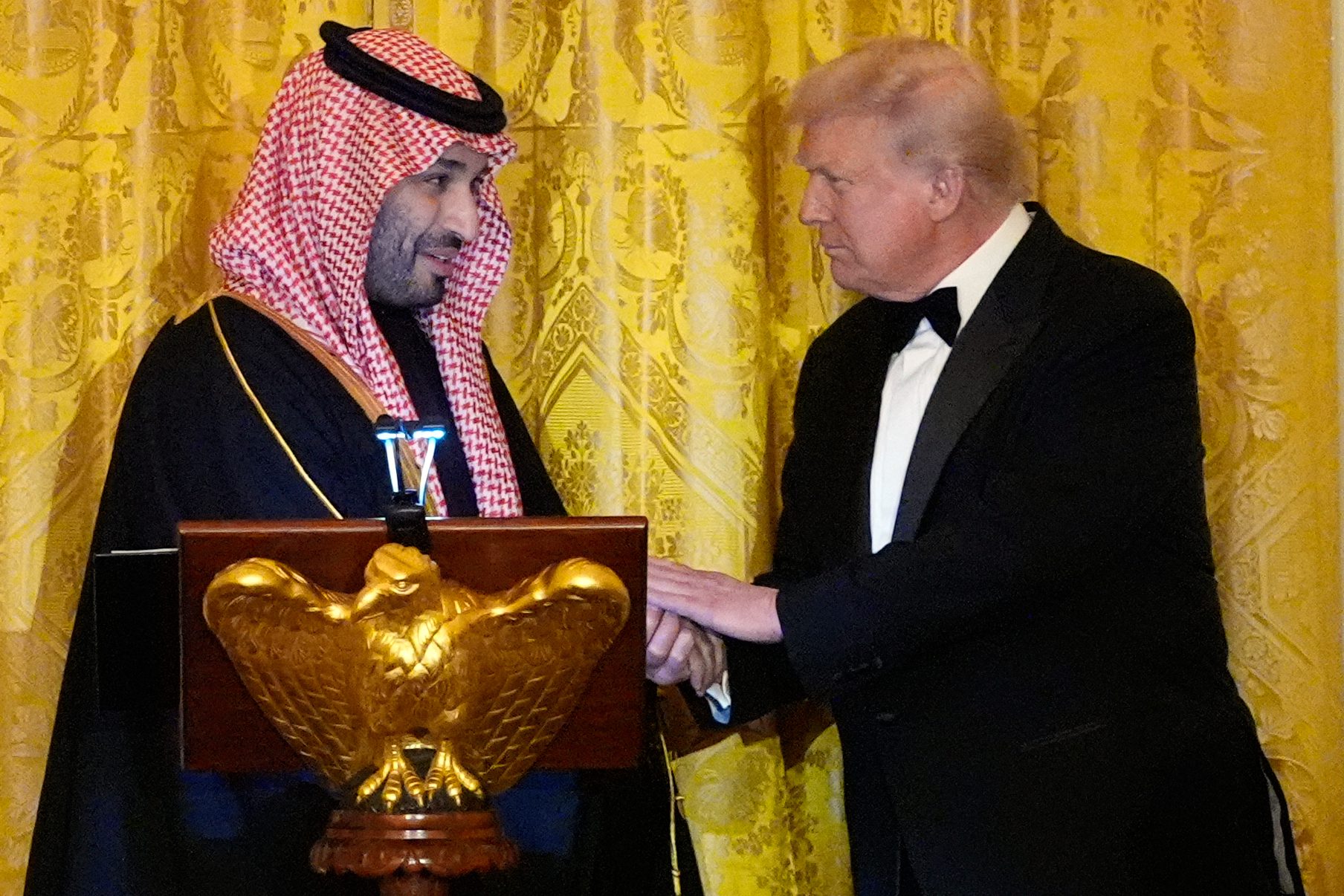


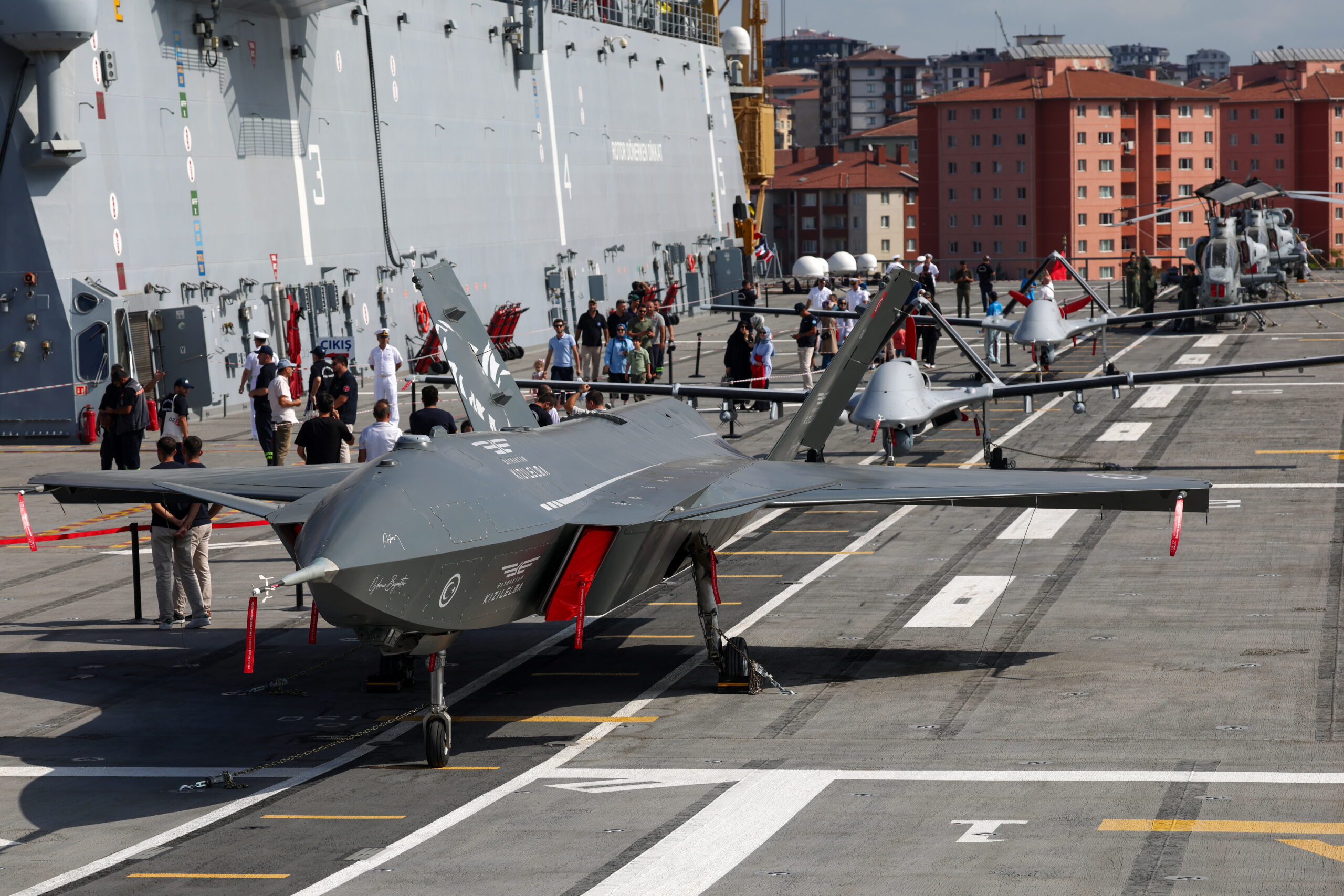

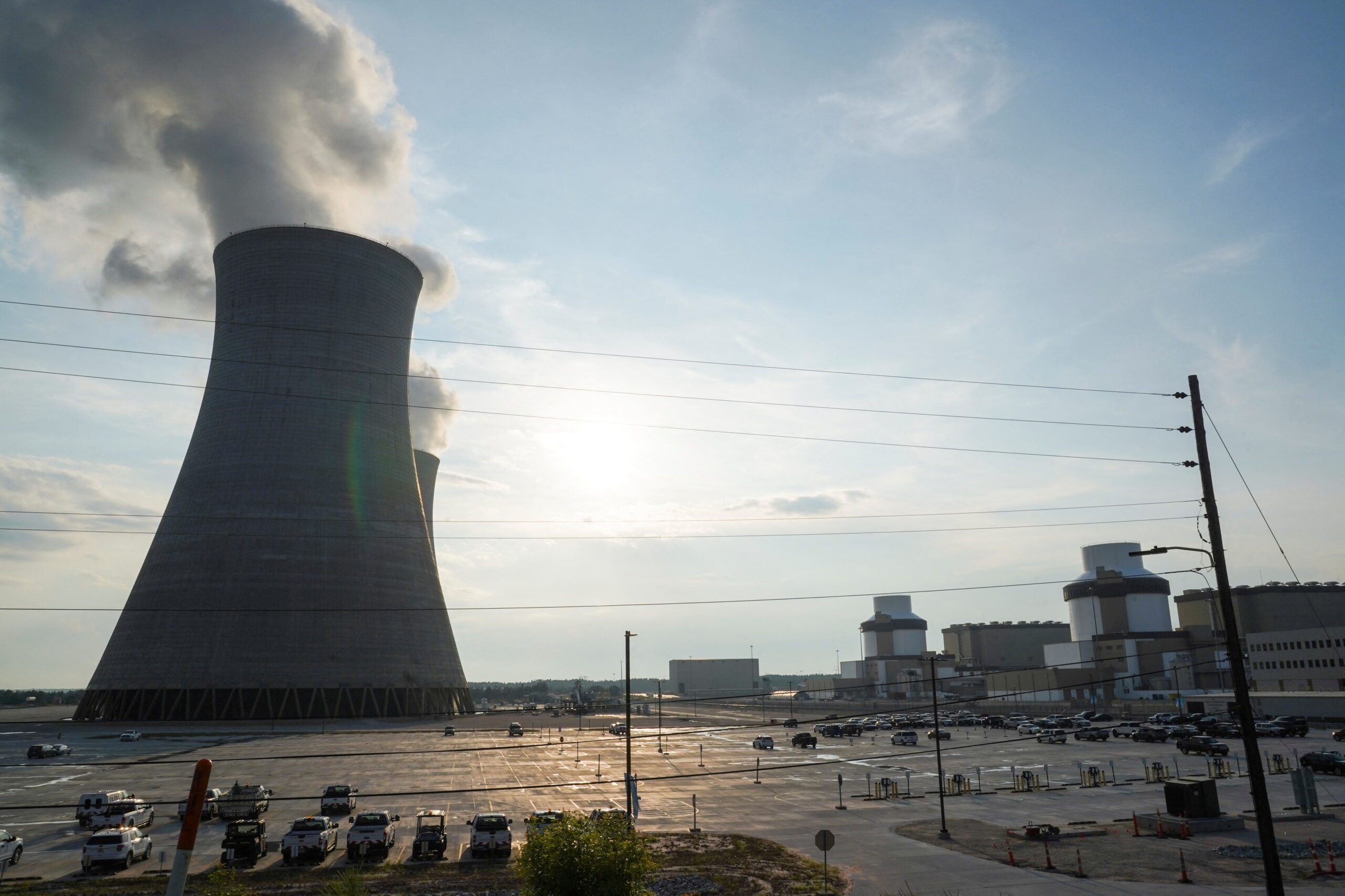



















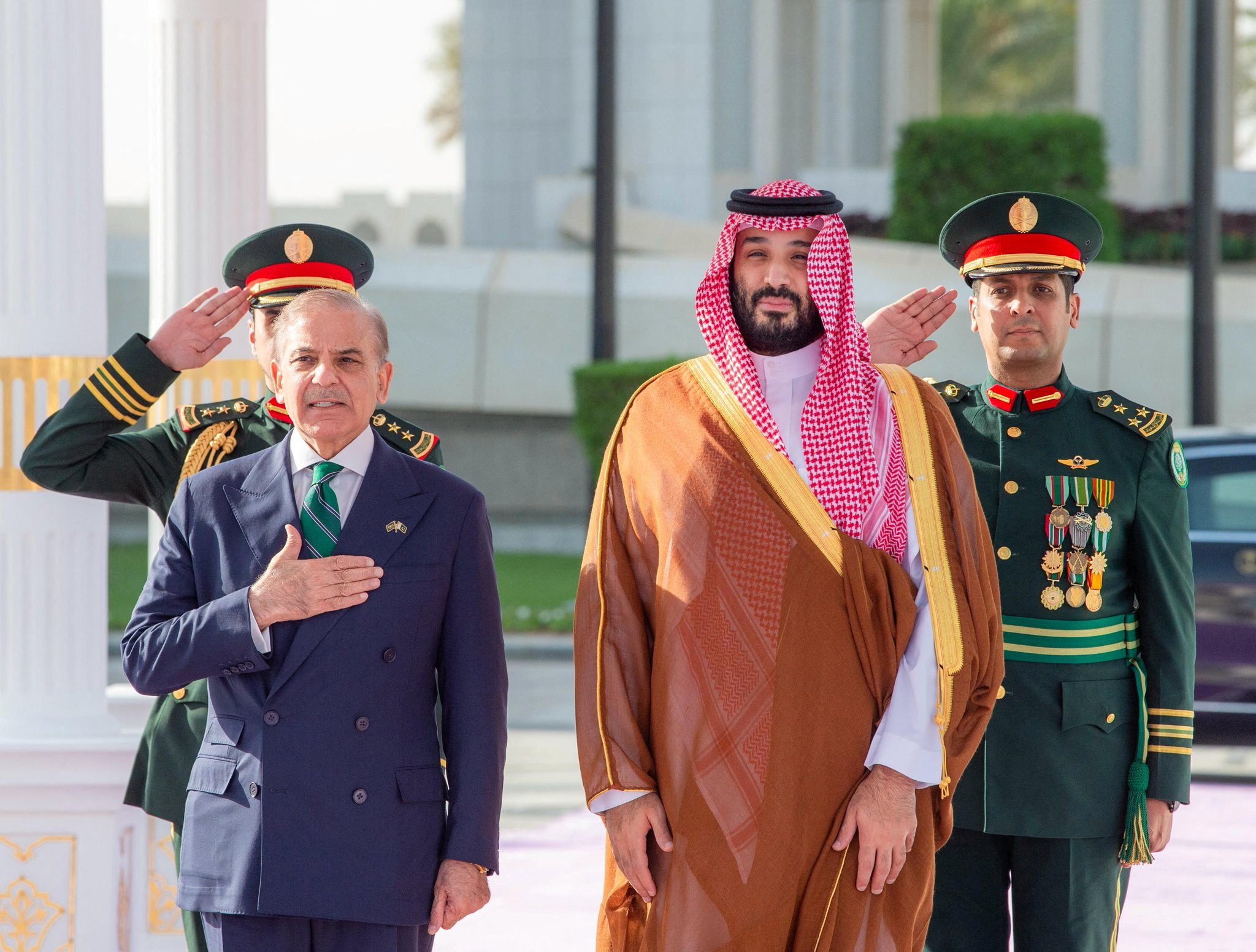
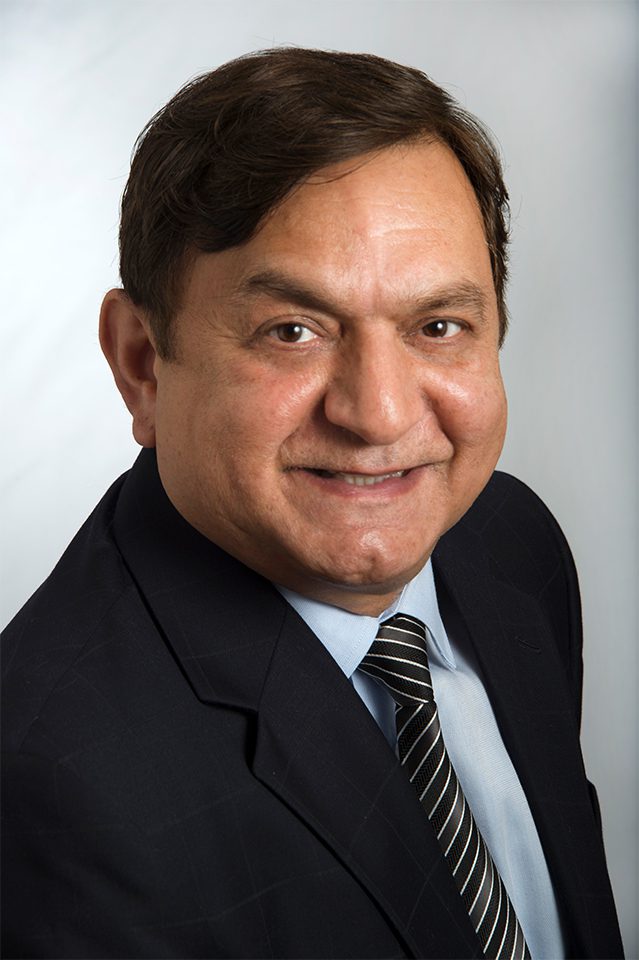
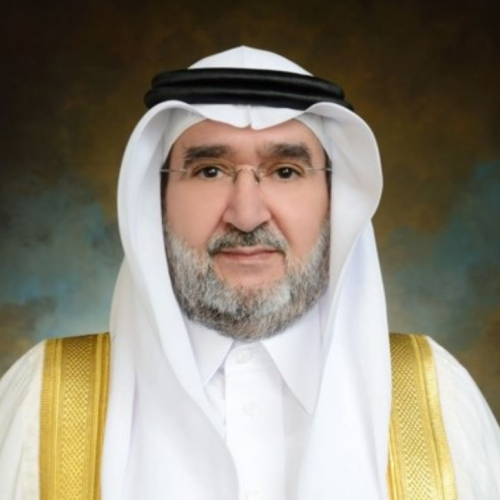
May 9, 2016
The Candidates’ Report Cards Are Less Than Stellar
The American presidential election will almost certainly be between former secretary of state Hillary Clinton and real estate mogul Donald Trump. This unprecedented contest – a real-life “wacky race” – invites a thought experiment: compare and contrast Middle East policy report cards for these would-be national leaders. The manifest purpose of this academic fantasy is...
5 min read